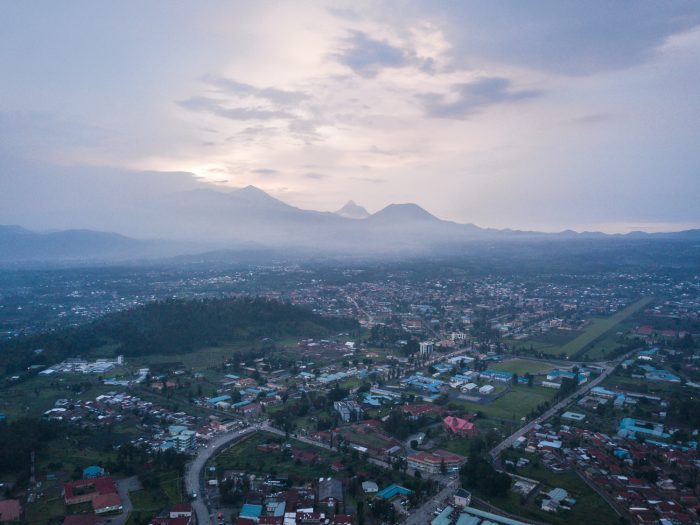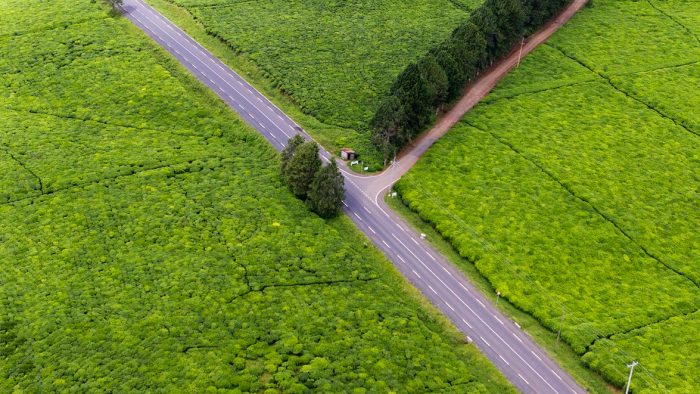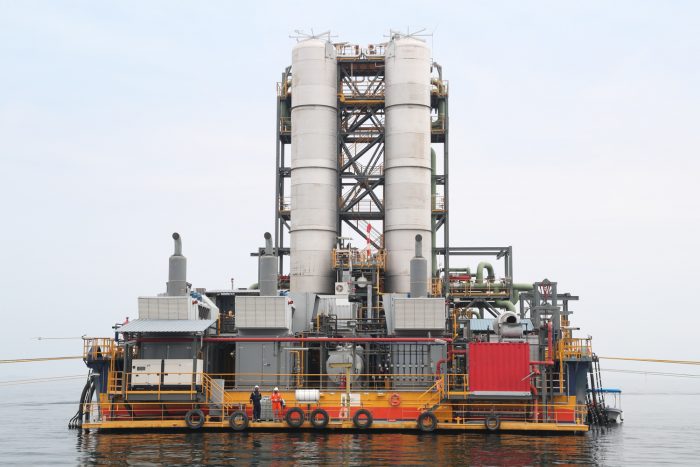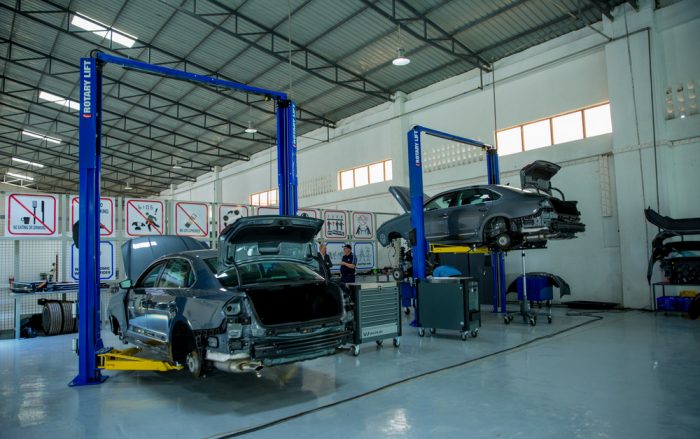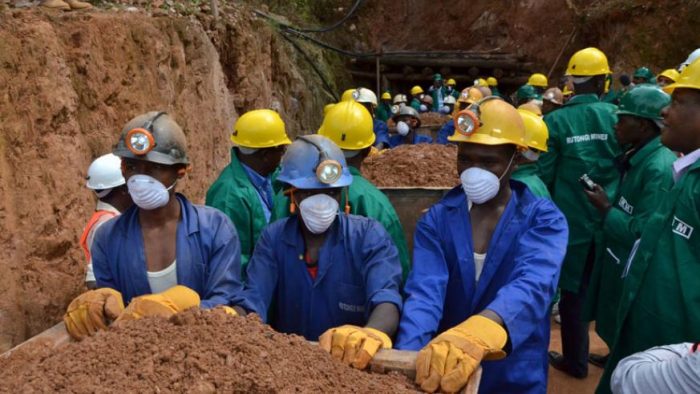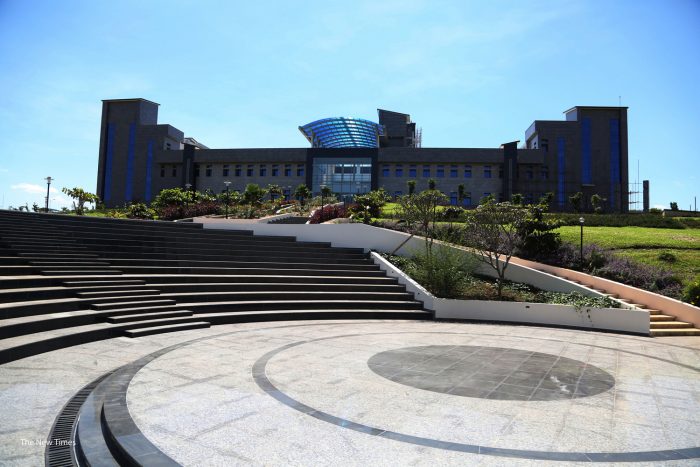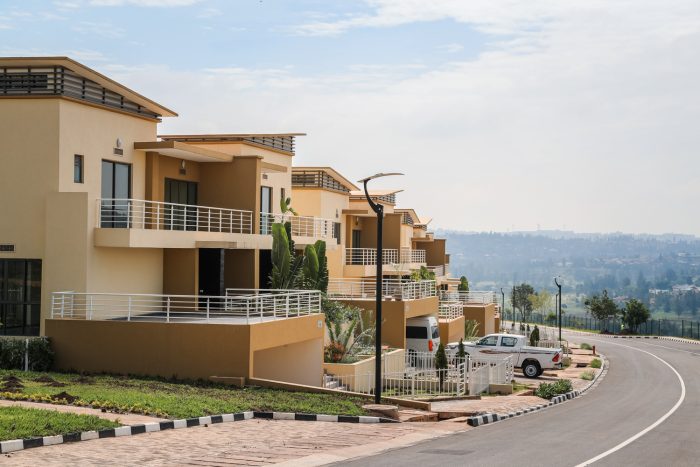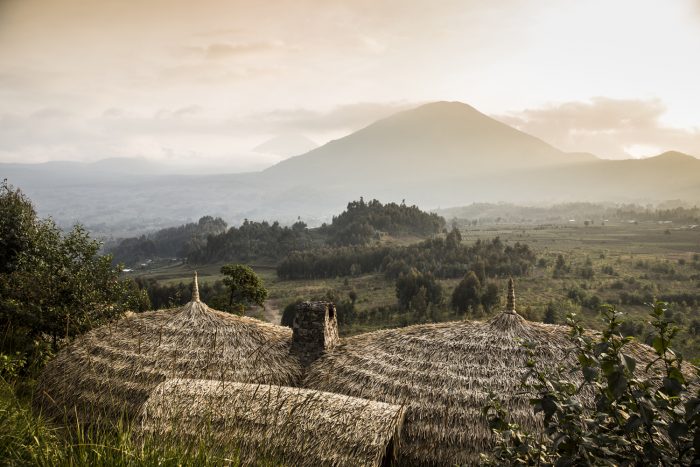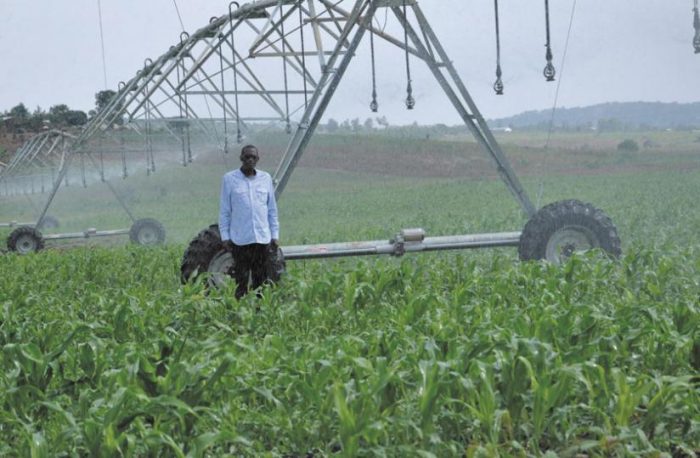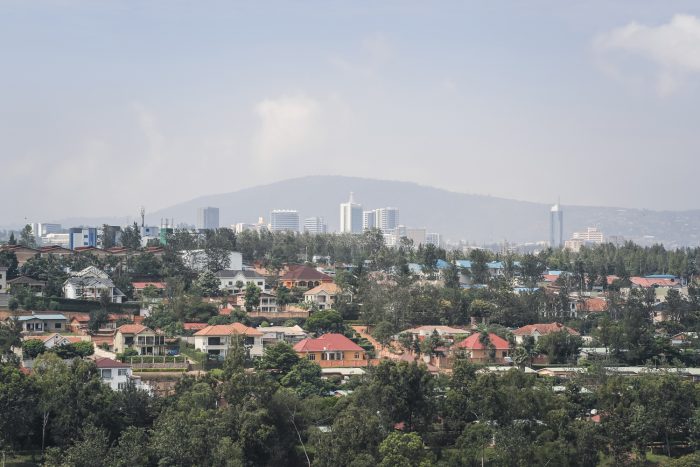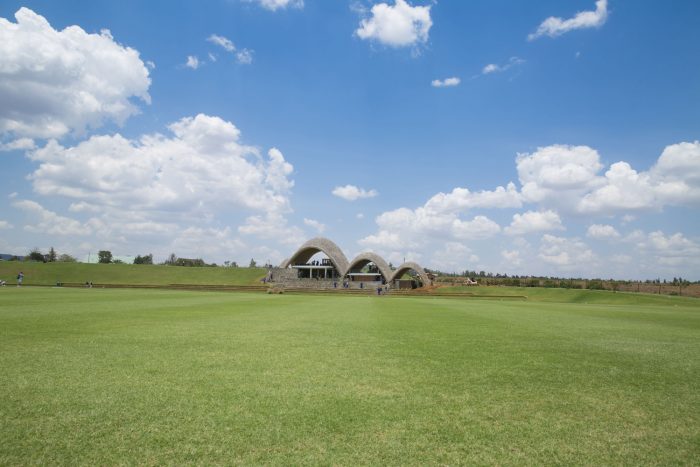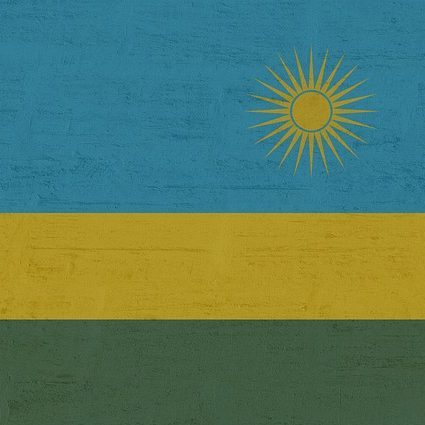Introduction
In the bid to attract and facilitate new investments, the Government of Rwanda has revised the investment law to facilitate the attraction and growth of new sectors as provided in the new investment law (official gazette No special of 27/05/2015). The new law comes with a new package of incentives that are critical towards driving the growth of key priority sectors which include; exports, energy, ICT, transport and logistics, health, financial services, and affordable housing. Meanwhile Investors will still continue to apply for incentives at the One Stop Center at the Rwanda Development Board.
Eligibility
There’s no minimum capital required for new investors registering their projects at the One Stop Center. This decree applies to investors registering their projects from Rwanda, EAC, COMESA and other foreign nationals. However, the following criteria of investment project evaluation will apply to new projects registering at One Stop Center.
Criteria for investment project evaluation
- Non trading activity
- Creation of quality jobs
- Transfer of Skills and knowledge
- Use of local raw materials
- Potential for export
- Potential to create backward and forward linkages
- Innovation and creativity
How to apply for an incentives
The Rwanda Development has developed an online registration system to make the process more efficient and cheaper. The process involves submitting an application for investment and EIA certificate online. For more details please visit osc.rdb.rw
Steps:
- Application for investment registration;
- Notice of acceptance or refusal and Issuance of investment registration certificat
The application for investment registration involves the following:
- Application letter addressed to the CEO RDB requesting for investment registration;
- Submission of a business plan or a feasibility study;
- Certificate of legal personality of the business company.
- License granted by the business sector in which the investor intends to operate.
- Proof of payment of registration fee of $ 500 or its equivalent in Rwandan francs to the RDB account in Bank of Kigali, account No. 00040-00281441-77 for United States Dollars only and Account No. 00040-00281460-96 for Rwandan francs only.
Your investment application letter should clearly indicate following:
- The name and address of the proposed business enterprise, and its legal form;
- The nature of the proposed business activity and the level of planned capital investment;
- The estimated number of persons to be employed and categories of jobs to be created;
- The nature and volume of waste which shall be generated by the enterprise’s operations, and the proposed methods, of its management;
- The nature of support and facilitation which the investor is seeking from RDB.
Your investment business plan or feasibility study should clearly indicate following:
- Name of the project and detailed information on the project in which the investment will be made
- Action Plan
- The date of commencement of operations
- Detailed information on any raw materials sourced in the country or in locality where the investment is operation
- Detailed information on any financing and assets to be sources from outside of Rwanda, including the timeframe in which these finance and assets will be invested
- A market survey
- Details of the projected technology and knowledge transfer
- A table indicating 5 year income projections for the investment project
- The project’s EIA certificate issued in accordance with the relevance. (This should be submitted sparely from the business plan).
- Project number of employees and categories of employment
- Loan amortization schedule for the bank loan (if any);
- Project implementation plan/ schedule)
- Notes on assumption made in the business plan.
Non-Fiscal incentives
- Facilitation with obtaining Visas and work permits
- We conduct environmental impact assessments and evaluations
- Facilitation with tax related services and exemptions
- Facilitation for land acquisition and construction permits in collaboration with the Kigali City Council One Stop Center for construction.
- Access to utilities (water and electricity)
- Notary services
- We assign Key Account Managers to provide support to registered investments/projects.
Fiscal incentives
1. Preferential corporate income tax rate of zero per cent (0%):
An international company which has its headquarters or regional office in Rwanda will be entitled to a preferential corporate income tax rate of zero per cent (0%) if it fulfils the following requirements:
- To invest the equivalent of at least ten million United States Dollars (USD 10,000,000), in both tangible and intangible assets in Rwanda;
- To provide employment and training to Rwandans;
- To conducts international financial transactions equivalent to at least five million United States Dollars (USD 5,000,000) a year for commercial operations through a licensed commercial bank in Rwanda;
- To be well established in the sector within which it operates;
- To use the equivalent of at least two million United States Dollars (USD 2,000,000) per year in Rwanda;
To set up actual and effective administration and coordination of operations in Rwanda and perform at least three (3) of the following services in Rwanda
- Procurement of raw materials, components or finished products
- Market control and sales promotion planning;
- Information and data management services;
- Treasury management services;
- Research and development work;
- Training and personnel management.
2. Preferential corporate income tax rate of fifteen percent (15%):
A preferential corporate income tax rate of fifteen percent (15%) shall be accorded to:
- A registered investor, exporting at least fifty percent (50%) of turnover of goods and services produced in Rwanda, including business processing outsourcing. This incentive excludes unprocessed minerals, tea and coffee without value addition according to the provisions of this Law.
- A registered investor undertaking one of the following operations: energy generation, transmission and distribution from peat, solar, geothermal, hydro, biomass, methane and wind. This incentive excludes an investor having an engineering procurement contract executed on behalf of the Government of Rwanda;
- A registered investor in the sector of transport of goods and related activities whose business is operating a fleet of at least five (5) trucks registered in the investor’s name, each with a capacity of at least twenty (20) tons;
- A registered investor operating in mass transportation of passengers and goods with a fleet of at least ten (10) buses registered in the investor’s name, each with a capacity of at least twenty five (25) seats;
- A registered investor in the Information and Communication Technology (ICT) Sector with an investment involving one of the following activities: service, manufacturing or assembly. This incentive excludes ICT retail and wholesale trade as well as ICT repair industries and telecommunications
3. Corporate income tax holiday of up to seven (7) years:
A registered investor investing an equivalent of at least fifty million United States Dollars (USD 50,000,000) and contributing at least thirty percent (30%) of this investment in form of equity in the sectors specified below will be entitled to a maximum of seven (7) year corporate income tax holiday:
- Energy projects producing at least twenty five megawatts (25 MW). This incentive exclude an investor having an engineering procurement contract executed on behalf of the Government of Rwanda and fuel produced energy;
- Manufacturing;
- Tourism;
- Health;
- Information and Communication Technology (ICT) Sector with an investment involving manufacturing, assembly and service. This incentive excludes communication, ICT retail and wholesale trade as well as ICT repair companies or enterprises and Telecommunications;
- Export related investment projects;
- An investor registered in another priority economic sector as may be determined by an Order of the Minister in charge of finance.
4. Corporate income tax holiday of up to five (5) years:
Microfinance institutions approved by competent authorities will be entitled to a tax holiday of a period of five years (5 years) from the time of their approval. However, this period may be renewed upon fulfilling conditions prescribed in the Order of the Minister in charge of finance.
5. Exemption of customs tax for products used in Export Processing Zones:
A registered investor investing in products used in Export Processing Zones shall be exempted from customs taxes and duties according to the provisions of customs rules and regulations of the East African Community.
6. Exemption of Capital Gains Tax:
A registered investor shall not pay capital gains tax. However, income derived from the sale of a commercial immovable property shall be included in the taxable income of the investor.
7. Value Added Tax refund:
The refund of the Value Added Tax paid by investors shall be made within a period not exceeding fifteen (15) days upon receipt of the relevant documents by the tax administration authority.
8. Accelerated depreciation:
A registered investor shall be entitled to a flat accelerated depreciation rate of fifty per cent (50%) for the first year for new or used assets if he/she meets the following criteria:
- Invest in business assets worth at least fifty thousand US dollars (USD 50,000) each;
- Operate in at least one of the sectors below and meet the requirements; export projects, manufacturing, telecommunications, agro processing, education, health;
- Transport excluding passenger vehicles with less than nine (9) people seating capacity.
- Tourism investments worth at least one million eight hundred thousand United States Dollars (USD 1, 800, 000).
- Construction projects worth at least one million eight hundred thousand United States dollars (USD 1,800,000).
- Any other sectors provided the investment is worth at least one hundred thousand United States dollars (USD 100,000).
- Any other priority sector as may be determined by an Order of the Minister in charge of finance.
9. Immigration incentives:
A registered investor who invests an equivalent of at least two hundred fifty thousand United States Dollars (USD 250,000) may recruit three (3) foreign employees without necessarily demonstrating that their skills are lacking or insufficient on the labor market in Rwanda.
As a member of the East African Customs Union, Rwanda enjoys;
- Duty free importation of machinery and raw materials as per the East African Community Customs Management Act regulation.
- Also under the same arrangement, investors in the tourism and hospitality industry shall continue to benefit from exemptions on customs duties and VAT for imported hotel equipment provided that that they engrave and mark the equipment’s with the hotel logo imported by a licensed hotel for its use.
- The key hotel equipment to be exempted include: Washing machines, Kitchen ware, Cookers, Fridges and freezers, Air conditioning systems, cutlery, televisions, furniture, linen and curtains, Gymnasium equipment
N.B: A list of agricultural inputs and other agricultural and livestock materials and equipment exempt from value added tax is available. Please check with Rwanda Development Board for details.
For more details about time line and costs of other services click here
The Government of Rwanda takes environmental protection very seriously. It has taken significant steps to ensure a balance between economic development and environmental protection, as well as to prevent environmental degradation.
Notable among the measure taken is the ban on manufacturing and the use of polythene bags. The Government has established a clear legal and institutional framework for environmental protection. Rwanda Environmental Management Authority (REMA) is the principal agency responsible for the management of the environment in Rwanda and coordinates, monitors, and supervises all activities in this field. Rwanda Development Board (RDB) is a State organ authorized to approve the environmental impact assessment.
Environmental Impact Assessment is a systematic process of identifying the environmental, social, and economic impact of a project before it is accepted. Article 30 of the Environmental law provides projects that must undergo an environmental impact assessment and its procedure. The Ministerial order No 001/2019 of 15/04/2019 establishes the list of projects that must undergo an environmental impact assessment before they obtain authorization for their implementation and also issues instructions and procedures for conducting environmental impact assessment.
Before commencing the implementation of business projects, it is a requirement for investors to cross-check whether their projects need to undergo an EIA as per Ministerial order No 001/2019 of 15/04/2019. Applications for EIA certificate application is made online by an EIA registered expert.
In addition, projects that affect the environment are subject to an Environmental Impact Assessment (EIA) prior to obtaining authorization for their implementation. Before commencing implementation of business projects, investors are required to cross-check whether their projects are required to undergo an EIA. Applications for EIA certificate should be addressed to RDB.
PROCEDURES FOR IMPORT DUTY EXEMPTION ON RAW MATERIALS FOR MANUFACTRURERS
The duty remission is a facility put in place by EAC Council of Ministers which allow manufacturers to import raw materials and industrial input at a reduced customs duty rate.
All applications for duty remission shall be submitted to the Commissioner for customs services. He shall verify the accuracy of the submitted information, and may call for any additional information before submitting the application to the Committee in charge of Duty remission for consideration.
Applicants shall attach the following documents:
- An application letter addressed to the Commissioner of RRA Customs Services.
- Company registration certificate;
- Investment certificate for investors registered in RDB
- Tax clearance certificate for existing companies.
- The application form R1 shall be used and it is attached as annex (please find attached form for Duty remission).
- Please note the following;
- The forms should be well filled by an authorized Clearing Agent for proper classification of the HS Code as per EAC Customs Tariff.
- The HS Code for submitted list of raw materials on Import Duty form should be matching with the HS Code on VAT forms on raw materials.
List of raw materials and Industrial inputs for Import Duty Exemption [PDF]
EXEMPTIONS ON VALUE ADDED TAX FOR MANUFACTURING AND MINING SECTOR
APPLICATION THROUGH MINISTRY OF TRADE AND INDUSTRY (MINICOM)
Requirements for VAT exemption:
- The industry must be registered in Rwanda as a company, a cooperative or an individual enterprise;
- The industry must aim at processing raw materials or assembling parts to produce goods for sale or for mining and quarry exploitation activity
- Exemption must only be applied for machinery, capital goods or raw materials appearing on the list established by the Minister in charge of industry and approved by the Minister in charge of taxes;
- The application must indicate the direct link between goods for which exemption is sought and the industrial activity carried out or that will be carried out;
- Demonstrate proper management of applicant business indicating revenues and expenses;
- Prove that the added value to raw materials is equal to at least thirty per cent (30%);
- Have a recognized head office of the industry;
- For assembling industry, parts to assemble must be completely separate.
List of raw materials/Industrial inputs and Capital goods for VAT Exemption [PDF]
TIMELINES
An industry sends an application file composed of a request letter addressed to Honorable Minister of Trade & Industry, application form duly completed with HS codes (list of items for exemption) and company /cooperative or an individual enterprise registration certificate. For tariff classification, manufacturer consults his clearing agent.
The field visit is conducted for physical verification;
After a duly processing of the application file, the Ministry of Trade and Industry submits the list to the Ministry of Finance and Economic Planning for final approval The process of application and approval by the Ministry of Trade takes approximately two weeks;
The list of exempted industries and their items shall be renewed and updated every two years of the fiscal year.
Additional applications for the existing industries are only allowed twice year: January & June.
New applicant is allowed to apply anytime with no time restriction.
From 1st Jan 2018, Nationals of all countries receive visa on arrival at Kigali International Airport and all land borders.
Citizens of countries members to the following international organizations; African Union, Commonwealth and La Francophonie get visa upon arrival and are waived visa fees for a visit of 30 days.
A citizen of East African Community Member States shall be issued a pass/entry visa free of charge upon arrival to stay for the period of six months.
Important link: https://www.migration.gov.rw/
Visa Information
Business Visa
For whom: All persons undertaking commercial pursuits in the Republic of Rwanda
Validity and Duration: Valid for 2 years renewable. Multiple entries Issued within three days of submitting all required documents
Cost: RWF 150,000
Requirements:
- Any genuine acceptable travel document valid not less than 6 months.
- Payment of 150.000 Frw
- Business registration certificate
- Police clearance certificate from the country of residence for the previous six months
- Detailed curriculum vitae
- Photo with white background
- Completed permit application form
- Application letter to the Director General of Immigration and Emigration

